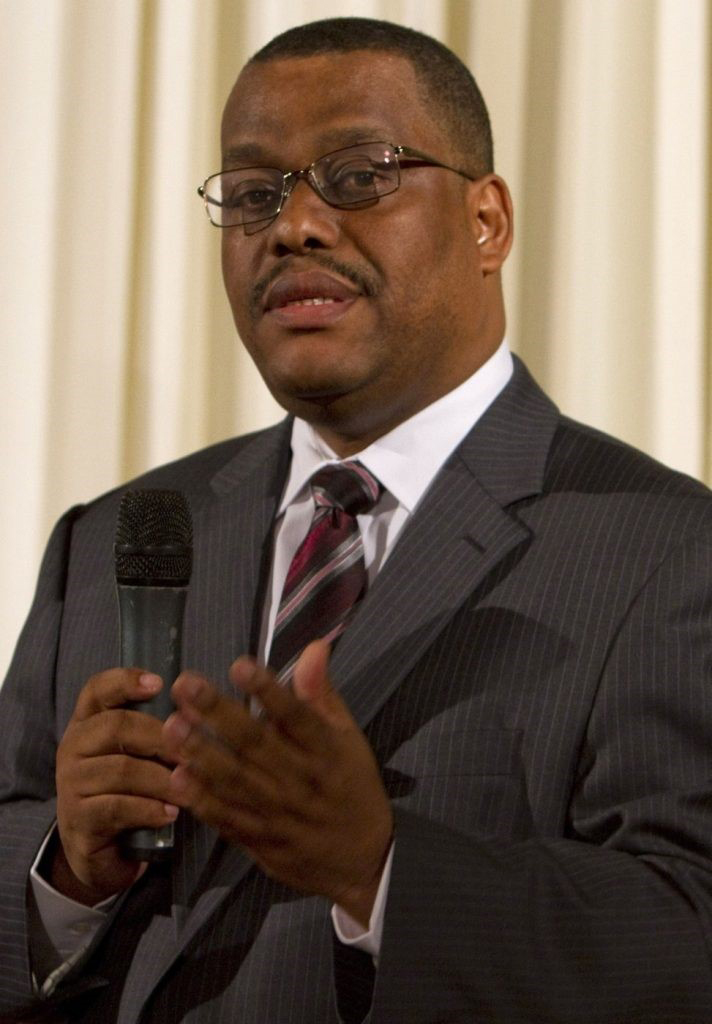PORT-AU-PRINCE, (Reuters) – Haiti’s transition council yesterday tapped former Prime Minister Garry Conille, who briefly led the country over a decade ago, to return to the role as the Caribbean nation works to restore stability and take back control from violent gangs.
The transition council voted 6-1 to install Conille as interim prime minister, a member told Reuters.
Conille’s extensive resume in development, working largely with the United Nations, is considered key to shoring up international support as Haiti prepares to launch a U.N.-backed security mission led by Kenya, though its deployment has faced hurdles.
The transition council, which holds some presidential powers, and its head, Edgard Leblanc, acting as a de-facto president, are now tasked with holding elections before Feb. 7, 2026, as laid out in Haiti’s constitution.
“Following discussions within the transition council after hearings with the candidates for prime minister, Dr. Garry Conille was chosen by consensus to lead the government during this transition period,” Leblanc said on X.
Conille’s naming underscores progress in Haiti’s political process and follows Prime Minister Ariel Henry’s resignation in March after he left Haiti to seek support for the Kenyan security mission and was unable to re-enter the country.
President Jovenel Moise, who named Henry, was assassinated in 2021. Haiti has not had a president since.
“My sincerest congratulations,” business leader Alix Didier Fils-Aime, who had also put his hat in the ring for the role, said on X. “I’m still a patriot who believes in this country. Long live Haiti!”
Conille was prime minister for just seven months, resigning in February 2012 after losing the support of his cabinet and clashing with then-President Michel Martelly.
Conille and Martelly butted heads over reconstruction contracts following a deadly 2010 earthquake and a parliamentary investigation into politicians holding dual citizenship, which is illegal in Haiti.
Conille most recently held the post of regional director at U.N. children’s agency UNICEF.
He will now be tasked with fighting off rampant insecurity as gangs have expanded their reach. More than 360,000 people are already internally displaced within Haiti, according to U.N. estimates, mostly from capital Port-au-Prince, due to the gang conflict.

